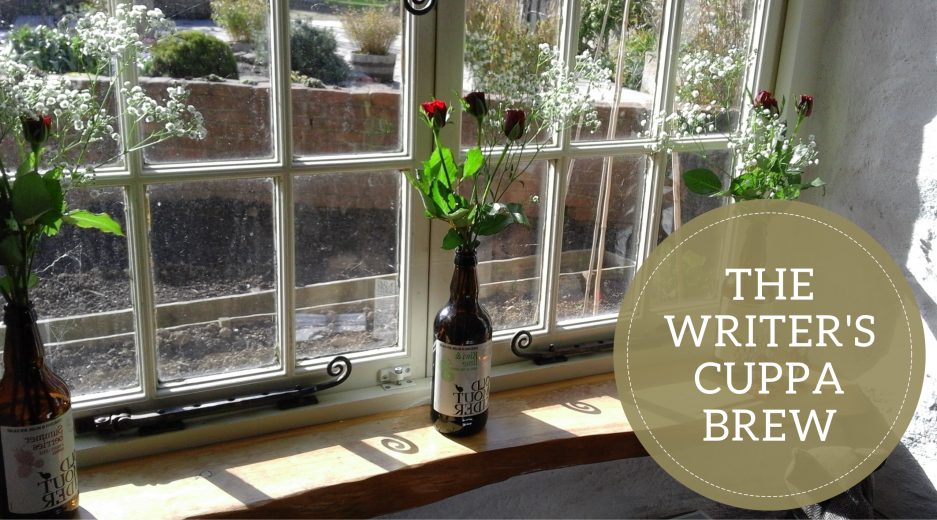In the UK, there is a set list of literature that almost everyone seems to study at some point before leaving education: Romeo and Juliet, Frankenstein, Of Mice and Men, William Blake, and for the older students, The Handmaid’s Tale.
I’m still not sure how I managed to swing it but I missed most of these texts in favour of things like Much Ado about Nothing for my GCSE English and Orwell’s 1984 over Atwood. Though, I won’t lie, my A-Level essay on the role of sex and sexual politics in Goblin Market, Beloved, and 1984 is something I am still super proud of years later. And is something I might revisit one day with my graduate skills.
At sixteen, I was a pretentious reader. Like many, I scoffed at those still reading the Twilight Saga and as was becoming more popular, 50 Shades. I was also something of a hipster when it came to my reading habits, which unfortunately is something I still fall foul of. If I’m told “you absolutely have to read/watch/consume X” I will avoid it for as long as possible. This is why I’m only now watching Orange is the New Black.
Last year, Channel Four started broadcasting The Handmaid’s Tale in the UK. Always a fan of TV adaptations, I was looking forwards to it. The snag? I’d yet to read the book.
With some things, I am more than happy to watch a film or show and then go back and the read the book. That’s what I’ve done with Kass Morgan’s The 100 and while I’ve not read the first book of the Outlander series, my mum loves it (and very quickly devoured the rest of the series) and got me hooked on the show pretty quick. When it comes to “classic” literature though? I just prefer to have read it first. Maybe it’s an inner book-snob thing but hey, ho.
[Spoilers from this point onwards.]

Both my boyfriend and my best friend from university have a love/hate relationship with this book. They both love it up until the “Historical Notes” section, which is generally where I stick my fingers in my ears and sing ‘la, la, la.’ So, I’ve always had mixed reviews about it which pushed it further down my to be read list.
I decided a couple weeks ago that I wanted something a little more challenging and decided, with a little nudge from the second series of the show coming out, to pick up Atwood. At long last.
I think what Margaret Atwood does is very clever in the way she writes. Having analysed literature for years and working on my own narrative voice, I picked up on the subtle hints that our unnamed narrator was telling this story from a point in the future. Thinking that she was perhaps writing this down, I knew that the Gilead regime either altered to allow women to read or write again or had been overthrown. My hopes for it to be the latter strengthened the further I got into the novel.
‘Offred’ annoyed me as a protagonist whilst also holding a mirror to myself as I know, put in that situation, I would put my head down and do anything to just survive. We all like to think we’re Moira but deep down, I know I’m really not.
I’m not a huge fan of stream of consciousness style writing (mostly because I’m not good at it) and sadly, this book doesn’t change that. Although clever, it often threw me out of the story. I read to fully immerse myself within a narrative so don’t take kindly to being interrupted by the book itself. However, I do think the style suits the narrative.
If anyone has been in a class with me, you’ll know my favourite phrase is “form matching content” and Atwood does this splendidly.
Now, onto those pesky ‘Historical Notes on The Handmaid’s Tale.’

I really like them.
I was actually getting a little bored of ‘Offred’ so the sudden change was nice. Though I would love to know if she made it out.
I also think it’s really telling that Atwood chooses to have a male academic give the key note lecture. For me, it made the rest of the novel feel more like Sappho’s Fragments due to the fact that for years it’s been men who are translating, transcribing, and editing work which is so clearly female in nature.
It’s like the fact that only now has The Odyssey been translated by a woman. Literary criticism and the world of academia still feels like a very masculine world.
I can see why people might feel cheated by this last chapter. But I feel cheated by the real world not changing fast enough. This book was written in the 1980’s and if you google it now, there are a plethora of news articles about it’s uncanny relationship with the world today. As someone who would have to become a ‘Handmaid,’ the news paints a saddening picture.

